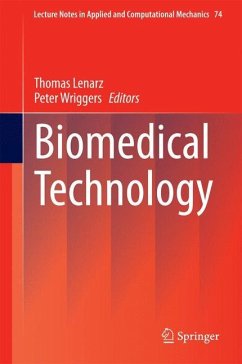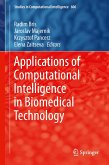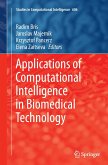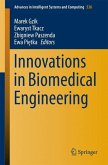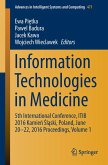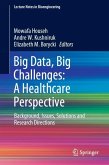During the last years computational methods lead to new approaches that can be applied within medical practice. Based on the tremendous advances in medical imaging and high-performance computing, virtual testing is able to help in medical decision processes or implant designs. Current challenges in medicine and engineering are related to the application of computational methods to clinical medicine and the study of biological systems at different scales.
Additionally manufacturers will be able to use computational tools and methods to predict the performance of their medical devices in virtual patients. The physical and animal testing procedures could be reduced by virtual prototyping of medical devices. Here simulations can enhance the performance of alternate device designs for a range of virtual patients. This will lead to a refinement of designs and to safer products.
This book summarizes different aspects of approaches to enhance function, production, initialization and complications of different types of implants and related topics.
Additionally manufacturers will be able to use computational tools and methods to predict the performance of their medical devices in virtual patients. The physical and animal testing procedures could be reduced by virtual prototyping of medical devices. Here simulations can enhance the performance of alternate device designs for a range of virtual patients. This will lead to a refinement of designs and to safer products.
This book summarizes different aspects of approaches to enhance function, production, initialization and complications of different types of implants and related topics.

